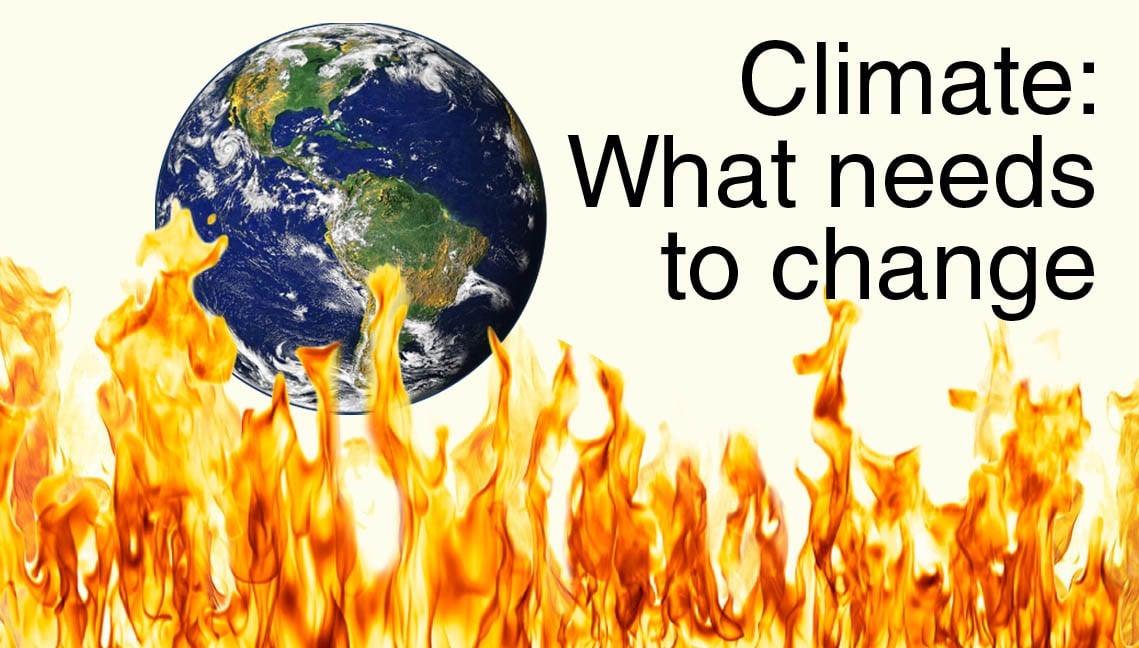

Early this month, 15,000 scientists from around the world wrote a "letter to humanity" giving a catastrophic warning about the fate of the world. Mind you, this was an update on a similar warning issued by 17,000 scientists 25 years ago, in 1992, and they claim that the dire picture they had predicted then has gotten far worse. They have blamed it all on mankind’s consumption patterns as well as the rapid population growth as the "primary driver behind many ecological and even societal threats".
As the world got together under the banner of UN’s COP23 to talk climate change in Bonn, Pakistan seems more concerned than before, just because it experienced a simultaneous spell of smog in the biggest province Punjab. The provincial capital came to a virtual standstill in a little more than two weeks of low visibility that ironically threw a lot of light on the issue of environment.
This time, the crisis was not seen as a natural disaster like flood but something of our own making. The smog has forced people to realise their own responsibility in damaging the environment. But is that sense going to translate into a policy and more importantly its implementation. In today’s Special Report, we go back to the basics -- what do people have in mind when they think about climate change. It turns out that the laypersons’ ideas when put together can very well form a national policy.
Read also: Climate: What needs to change
It turns out also that there is no dearth of policy-making and Pakistan already adopted its National Climate Change Policy in 2012. There also is a monitoring mechanism in place, and about a hundred recommendations. But the implementation of the policy remains an issue, especially at the provincial and district level.
As Pakistan remains the seventh most vulnerable country to climate change in a recent global climate risk index 2018 report, it must meet its international commitments before it can ask the world to fund it against the potential risks.